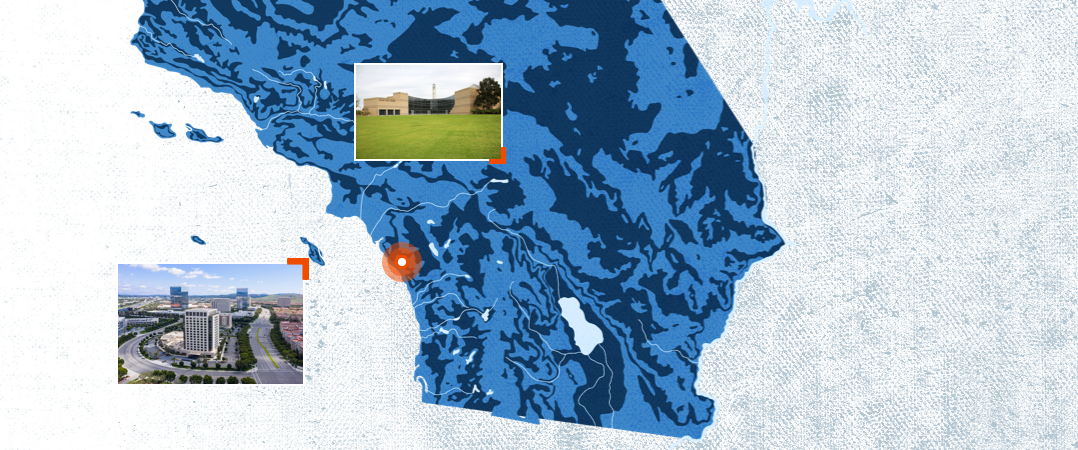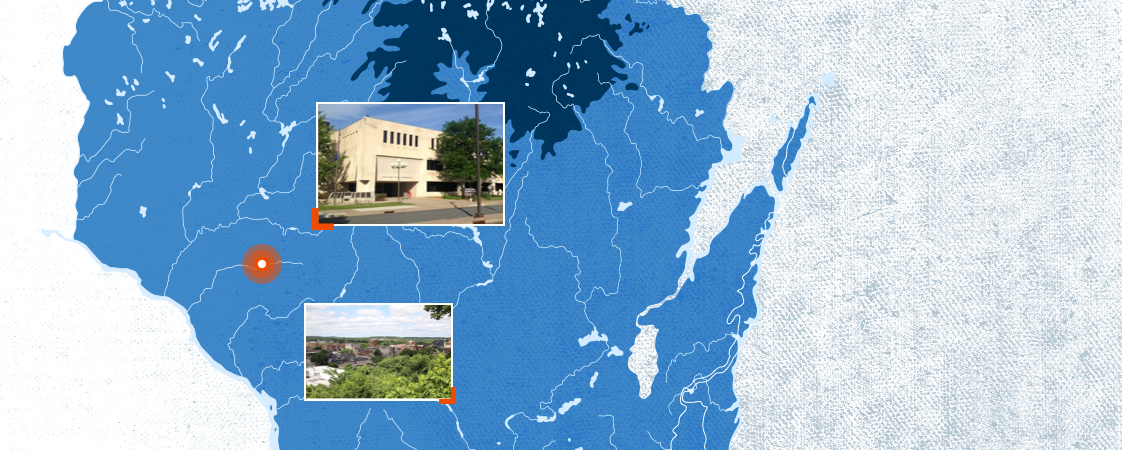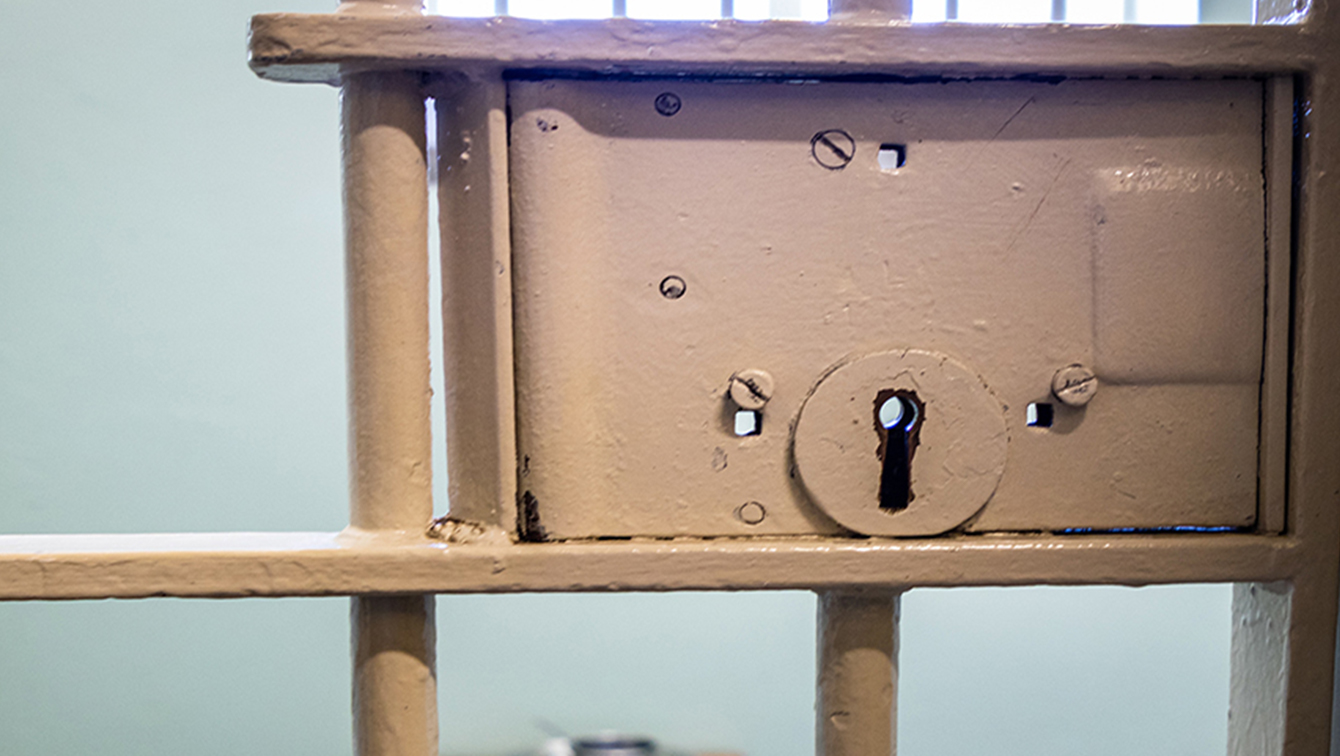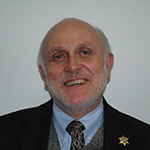For years we have witnessed an increase in the number law enforcement interactions with individuals in the community with unaddressed behavioral health challenges. Conversely, there remain far too few alternatives to unnecessary arrest or transport to the emergency department.
Middlesex County, in Eastern Massachusetts, is New England’s most populous county. Our criminal justice and behavioral health leaders recognized the need improve capacity and access to behavioral healthcare in the community. In 2018, the Massachusetts legislature created the Middlesex County Restoration Center Commission to develop a pilot that would help solve the “divert-to-what?” question. In Middlesex County, the sheriff’s office offers evidence-based programing and treatment for incarcerated individuals, but individuals should not have to go to jail to receive the services they need.
We are grateful to have recently been invited to join the Safety and Justice Challenge’s new IMPACT behavioral health cohort, to share some of the lessons we have learned, and learn from our partner jurisdictions in this impressive network. The Commission has just entered its fourth year of work, and our path forward will be made easier through this tremendous peer exchange opportunity.
One of the biggest lessons we have learned, and hope to pass along to our partner jurisdictions, is the importance of improving collaboration and communication across siloed fields like public safety and behavioral health. All too often, addressing behavioral health needs of the community remains in traditional agency siloes. From the sheriff’s office to mental health service providers and police departments to peer and advocacy organizations, it is only this kind of collaboration that is able to stop people from falling through the cracks.
Middlesex County has 1.6 million people with 54 different police departments spread across urban, suburban, and rural areas. We are fortunate to have the progressive leadership of our police chiefs focused on diverting individuals away from the criminal justice system and into treatment. Similarly, we are fortunate to have a health and human services community poised to step up to increase outreach and engagement, to partner with public safety, and to provide appropriate assessment, treatment, stabilization, and support services to affected individuals.
In an effort to shift the responsibility back to the behavioral health community, we knew it was necessary to develop a model that knit together services in a way that made them easily accessible to both the public and local law enforcement. We wanted to move away from the traditional model of stabilization and release from the emergency department. The Restoration Center will offer both stabilization as well as a comprehensive assessment to inform referral to treatment so the needs of individuals can be appropriately met. Our goal is not only to stop the cycle of unnecessary incarceration but also to help individuals stay healthy enough that they do not have to return to the center.
After years of planning and implementation our goal is to launch a pilot Restoration Center in 2022. We believe we are well positioned to launch the model we have developed in large part due to our commitment to the cross-sector planning process which started with identifying gaps in the delivery of behavioral healthcare, a cost-benefit analysis, and interviews with individuals with lived experience. Through our state legislature, we were successful in securing initial funding as well as a trust fund that will allow the Commission to accept third-party funding.
Now that the Commission’s 2022 budget includes $1 million in funding for the pilot – endorsed by a recent editorial in the Boston Globe, we can begin our work of identifying a provider. We continue to pursue additional funding to ensure that we can implement a full range of services identified as critical to the success of individuals who might otherwise be arrested or hospitalized.
The center will provide behavioral health services to individuals in mental health or substance use crisis. These services will help support ongoing law enforcement efforts across the county to divert individuals with behavioral health conditions from arrest or unnecessary hospitalization.
Local law enforcement and corrections have shouldered this burden for far too long, with over 70 percent of people in our Middlesex Jail & House of Correction having an open mental health case and 80 percent have a history of substance use. Each and every one of these individuals receives treatment while incarcerated, but these are services that people should be able to access in the community. Our hope is that the Restoration Center will help stop the cycle of unnecessary incarceration.
We attribute a lot of the success of the Middlesex County Restoration Center Commission to the commitment of our diverse stakeholder group. It is not common to have a sheriff co-chair a legislative commission with the president of a mental health advocacy group. It is also unusual to get representatives of the 80 largest behavioral health providers at the county, police chiefs, the chief administrative justice of the trial court, and key state legislators at that table. And sustaining the focus on a challenging goal for over three years is the rarest thing of all. But that is what it takes.
Unfortunately, political will is often the hardest thing to secure. But we owe it to the people falling through the cracks to get it right.






